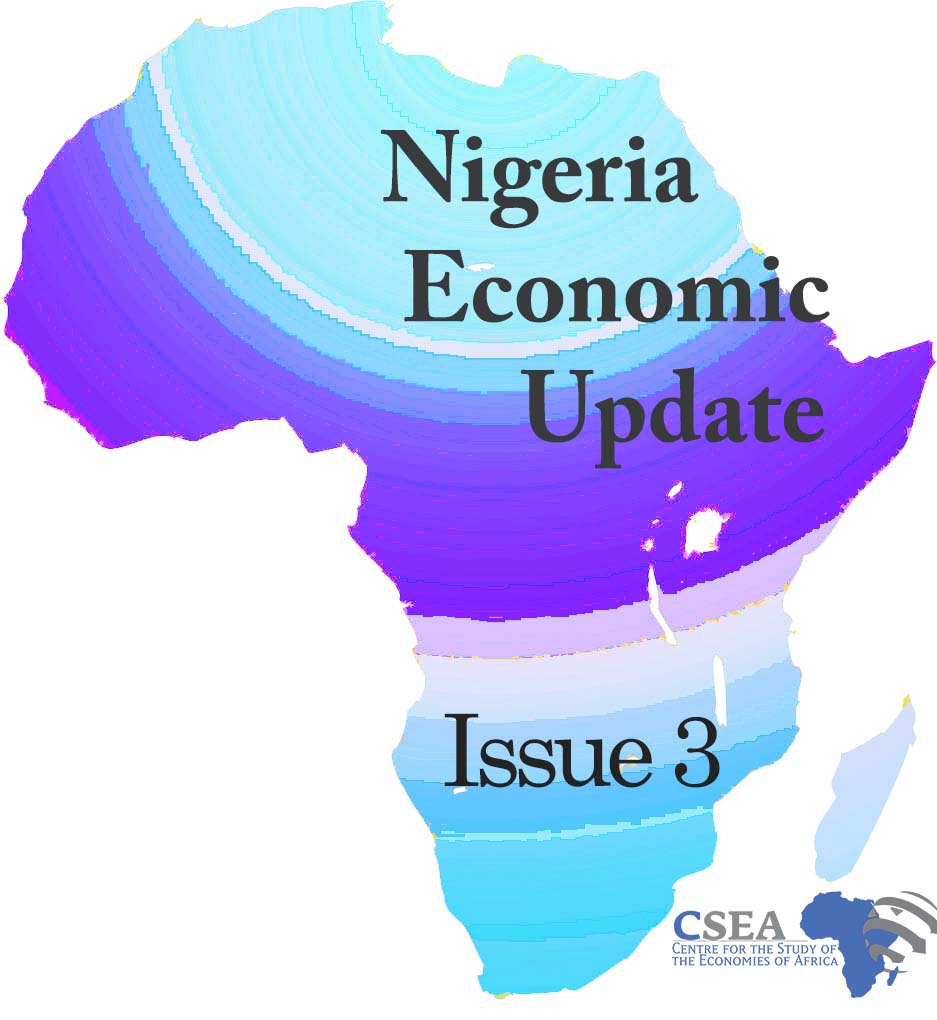Inflation rate rose in December 2018 for the second consecutive month to 11.44 percent, 0.16 percentage points higher than the 11.28 percent recorded in November 2018.1 The rise in inflation was driven by the food component of inflation which increased to 13.56 percent from 13.30 percent within the same period. Further disaggregated data shows that the highest increments were recorded in the price of basic food items such as bread, cereals, fish, meat, potatoes, yam and other tubers. Core inflation experienced no increment from the previous month, stagnating at 9.80 percent. Seasonal demand effect is closely linked to the rise in inflation given that the holiday season is associated with a rise in the price of food items. In the coming month, we expect the inflation rate to continue on the upward trend considering the increase in election-related spending. The current monetary policy parameters should remain unchanged until a clearer picture of the effect of the election on economic indicators is known
Macroeconomic Report & Economic Updates

February 5, 2019
Nigeria Economic Update (Issue 3)
Inflation rate rose in December 2018 for the second consecutive month to 11.44 percent, 0.16 percentage points higher than the 11.28 percent recorded in November 2018.1 The rise in inflation was driven by the food component of inflation which increased to 13.56 percent from 13.30 percent within the same period. Further disaggregated data shows that […]
Read →
Related
Nigeria Economic Update (Issue 31)
The Nigeria Stock Exchange market advanced further as equity indices pitched higher in the review week. Benchmark indices, All-share Index and Market Capitalization rose by 1.5 percent to settle at remarkable points, 37,425 and N12.90 trillion respectively an exceptional first-time record in more than two years. The uptrend has been sustained by stronger demand for investment securities due to outstanding H1 performance reports submitted by some listed companies during the week10.
Regional Trade For Inclusive Development In West Africa
This
study examines the potential of regional trade in facilitating the achievement
of inclusive development in the West African region. It employs descriptive
analysis to examine the nature, composition and dimension of ECOWAS trade within
the group and with the rest of the world, vis--vis three other Regional
Economic Communities (RECs) in sub-Saharan Africa (SSA). From the preliminary
study, it can be observed that the growth rate of West African economies is
increasing, but the rising economic growth does not translate to improvement in
inclusive development, as there was no significant reduction in poverty levels in
the region. Further evidence reveals that extra-regional trade of the region is
increasing at a very high rate, and also at a disproportionate rate with
intra-regional trade, compared with SADC. This indicates the existence of
opportunity to boost regional trade for inclusive development through
conversion of part of the extra-regional trade into regional trade.
